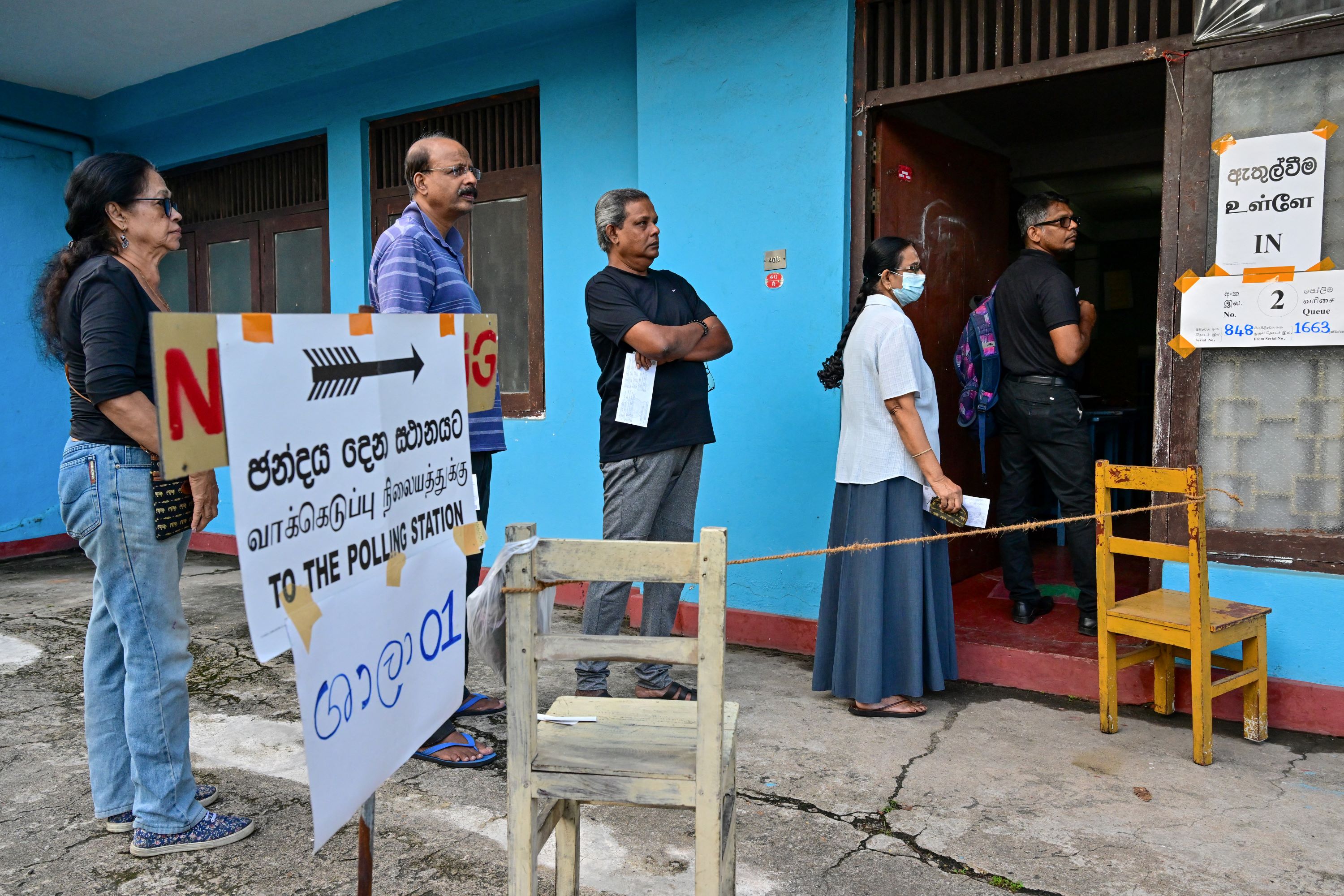
COLOMBO – Voting in the Sri Lankan parliamentary election began on Thursday morning at 7:00 am local time after the opening of polling stations across the South Asian country.
Over 8,000 candidates are contesting the election, with over 17 million eligible voters participating.
The Sri Lankan parliament consists of 225 seats, with 113 needed to form a majority government.
The election is seen as crucial for both President Anura Kumara Dissanayake's National People's Power (NPP) and his political rivals. Dissanayake has pledged a transformative agenda for Sri Lanka, which requires a solid parliamentary majority to advance his goals.
Polls will close at 4 pm on Thursday in the country.
ALSO READ: Sri Lanka's new president dissolves parliament
A little over 17 million Sri Lankans are eligible to elect lawmakers to the 225-member parliament for a five-year term. A record 690 political parties and independent groups are in the fray across 22 electoral districts.
Dissanayake, 55, was elected president in September but his NPP coalition had just three of 225 seats in parliament, prompting him to dissolve the legislature almost a year before its term ended and seek a fresh mandate.
The Samagi Jana Balawegaya party of opposition leader Sajith Premadasa - who favors a mix of interventionist and free-market economic policies - is NPP's main challenger. The other key contender is the New Democratic Front, backed by previous President Ranil Wickremesinghe.
"All arrangements are in place and we appeal to the public to work with us to ensure a free and fair election," Election Commission Chairman R M L Rathnayake told reporters at a pre-election briefing on Tuesday.
READ MORE: Sri Lanka begins accepting nominations for parliamentary election
Votes will be counted soon after polling closes on Thursday and results are expected to be announced on Friday.
A country of 22 million people just across the southern tip of India, Sri Lanka was crushed by a 2022 economic crisis triggered by a severe shortfall of foreign currency, causing the economy to shrink by 7.3 percent in 2022 and 2.3 percent last year.
With Reuters inputs


